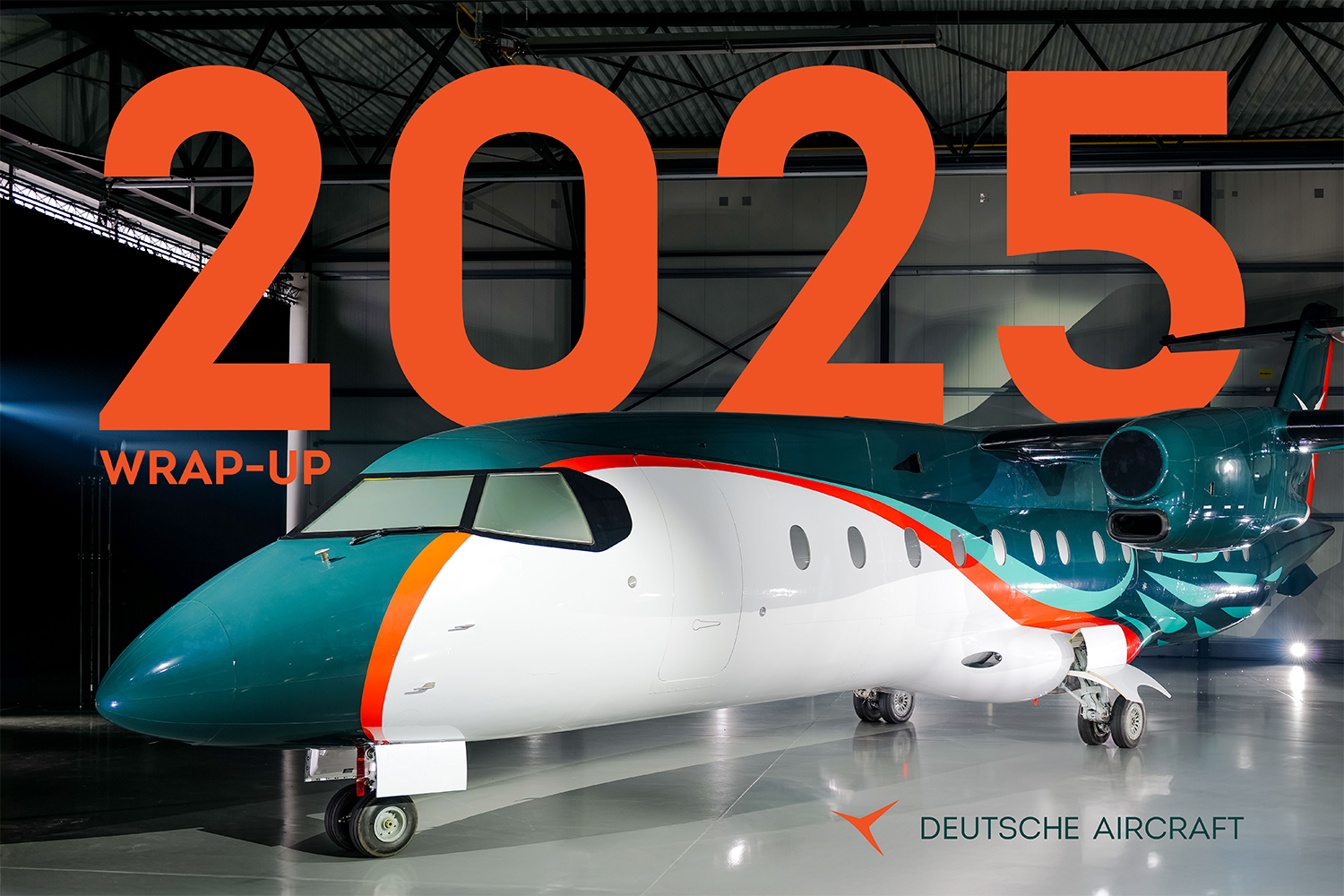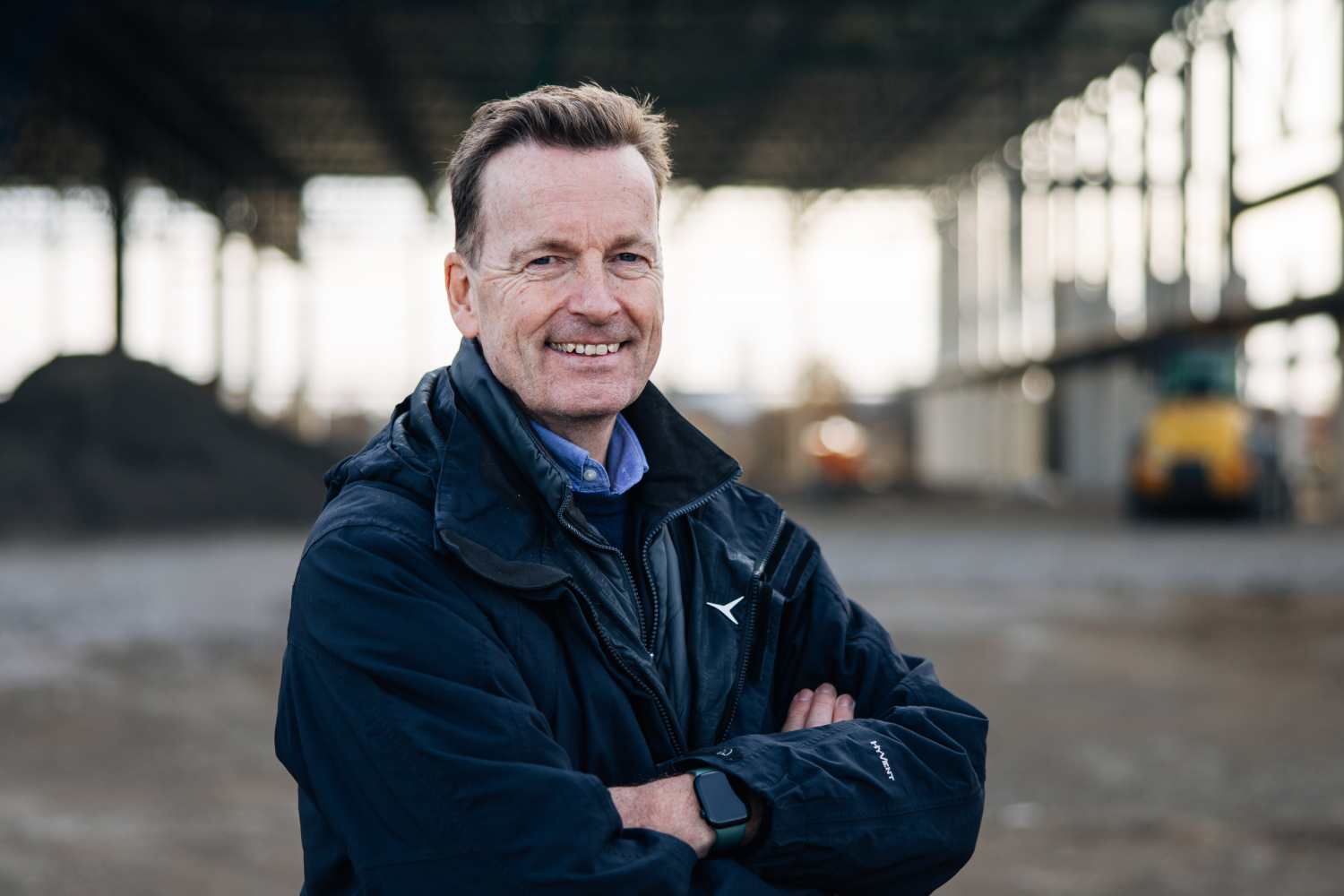The D328eco: Reshaping the regional aviation landscape in the Asia-Pacific

The regional aviation landscape in the Asia-Pacific (APAC) region is experiencing a major shift, with passenger demand increasing due to rapid economic growth in the middle class. In recent years, operators in the region have placed large aircraft orders and are continuing to seek solutions that will reduce environmental impact and address the challenge of escalating fuel costs. Enter the D328eco, a revolutionary turboprop that is poised to redefine regional aviation and pave the way towards a greener future.

What Is Driving the Change in Regional Aviation?
The primary role of regional aviation is to act as a feeder service for mainline operators and establish connections with developing cities and communities. The investment value of new airport projects in the APAC region is at least double that of any other market with a specific focus on developing new routes to Tier 2 and Tier 3 cities. This shows the strong economic and market-driven demand for regional aircraft.
To cater to the growing demand, regional jets that are too old or outdated for the operational and environmental requirements of today must be replaced by a next-generation turboprop aircraft that is built for regional aviation. In fact, the turboprop market was the first segment to recover after the COVID downturn and since 2022, the use of regional turboprops has risen above the pre-COVID rates.

The APAC region is home to a huge fleet of sub-50-seater turboprops that are more than 30 years old and have a replacement timeline that falls within the next decade. In fact, there are more than 100 aircraft in this category in Oceania alone.
Airlines are currently grappling with skyrocketing fuel costs that are squeezing profit margins and hindering growth. Turboprops will help to optimise operations as they are 10% to 30% more fuel efficient than jet aircraft.
The environmental footprint of aviation accounts for approximately 4% of global CO2 emissions and the industry is looking for a permanent solution to address these environmental concerns. With 100% SAF compatibility, the fuel efficiency of the D328eco makes it a ready-made solution.
The D328eco: A Sustainable Revolution
Developed by Deutsche Aircraft, the D328eco isn't just another turboprop: it is a highly efficient game-changer designed with sustainability at its core. Here's how it will surpass expectations compared to other turboprops currently on the market.
Risk-free option to open new routes: The APAC region is a price-sensitive market. The D328eco has the lowest break-even factor which will help operators to open new routes to address rising demands in remote regions where the majority of new airports are being built.

Operational flexibility: The APAC region has a diverse range of geographical features such as archipelagos and high mountain ranges, and the D328eco will allow airlines to meet these operational requirements. More importantly, the inherent STOL capabilities of the D328eco allows it to operate with a load factor of 75% from runways that are 800 metres long and/or unpaved, easily operating above its break-even load factor.
Unmatched fuel efficiency: The D328eco boasts impressive fuel efficiency, leveraging the advanced technology of PW127XT-S engines and a meticulously crafted aerodynamic design. This translates to significant cost savings for airlines, including:
- 40% longer time-on-wing (engine overhaul increased to 20,000 FH*)
- At least 20% lower fuel consumption at long range cruise speed (compared to other turboprops in the market)
- 3% lower fuel burn (vs previous generation)
Quieter cabin & skies: Built on the legacy of the D328®, which is the quietest turboprop in its category, the D328eco will have the lowest noise levels of any turboprop, making it competitive with jets. The aircraft deploys passive noise cancellation which will allow passengers to enjoy a quieter experience, while also making it a welcome neighbour in smaller communities that are dependent on regional air travel by minimising noise disturbances.
Spacious & comfortable: The bright, spacious cabin has been developed to meet the unique needs of regional aviation. Robust enough to withstand the cyclical demands of regional air travel while being easy to maintain, its state-of-the-art features include comfortable seats with in-seat power, plenty of space for carry-on luggage, a fully equipped galley and optional Wi-Fi and in-flight connectivity solutions.
Advanced cockpit: The revolutionary Garmin® Companion integrated flight deck offers superior situational awareness and increased efficiency for pilots, while significantly reducing maintenance costs and improving reliability.
Lightweight design: Utilising advanced composite materials such as carbon fibre, the aircraft sheds weight, further reducing fuel consumption and emissions.
Flexible operational capabilities: Capable of taking off and landing on 800 metre runways (@ 70% load factor), the D328eco has an optional gravel kit and can also operate on unpaved runways, helping to improve connectivity with remote areas and islands across the APAC region. The D328eco also has the higher service ceiling and faster climb-rate in icing conditions than other turboprops in the market, helping airlines to operate in difficult conditions and around tall peaks in the region.
100% SAF/e-Fuel ready: Leading the charge towards a truly sustainable future, the D328eco is fully compatible with Sustainable Aviation Fuel (SAF) and Power-to-Liquids (PtL) which are cleaner and more practical alternatives to conventional Jet A-1 fuel. As SAF production ramps up, the D328eco is ready and available to embrace its full potential.
These advantages translate to significant cost savings for airlines and a quieter experience for passengers and communities, while also offering substantial benefits for the environment.
More Than Just Sustainability: Business Benefits
While sustainability and fuel efficiency are paramount, the D328eco isn't just an eco-warrior. It's also a smart business decision for airlines. Here’s why.
Lower operating costs: Fuel savings and reduced maintenance needs (52% less than older generation aircraft) translate to lower operating costs, boosting profitability. Deutsche Aircraft estimates up to a 11% reduction in direct operating costs for airlines and a 14% decrease in fuel consumption per passenger with the D328eco.
Route profitability: The efficiency of the D328eco will open up new and previously unprofitable routes thanks to its 30,000ft service ceiling (highest for a turboprop), 600km/h cruise speed (fastest for a turboprop) which is closer to the speed of a regional jet, low break-even factor and longer range (up to 655 nautical miles @ FL300, ISA), which will expand networks and attract new passengers.
The Future of Regional Flights Is Just Around the Corner
The D328eco isn't just a glimpse into the future; it is set to take flight in 2027. Airlines that pre-order this 21st century turboprop will reap the benefits of early adoption and position themselves as leaders in sustainable aviation, reducing CO2 emissions by 22% if they continue to use Jet A-1 fuel or up to 95% with SAF-PtL. In addition, the aviation industry is moving towards stricter environmental regulations, making the D328eco a future-proof investment.
The D328eco is more than just an aircraft; it's a symbol of change. It represents a commitment to a cleaner future in regional aviation with higher operational efficiency and a better return on investment for airlines. If you're an airline CEO or decision-maker looking for a solution that balances sustainability, profitability and innovation, the D328eco is the answer. Contact us today and join us as we shape the future of regional aviation.
*Based on 60 minute mission in benign environment (vs 14,000 FH)
References
CH-Aviation (2023) Overview of all aircraft on order worldwide. Available at https://about.ch-aviation.com/blog/2023/06/19/ch-aviation-report-aircraft-on-order-worldwide/ (Accessed 13 March 2024)
Deutsche Aircraft, (2023) D328eco: The Turboprop (R)evolution. [brochure]
Williams, D. (2024) Flight Friday: 2023 In Review. Available at: https://aviationweek.com/air-transport/aircraft-propulsion/flight-friday-2023-review (Accessed 13 March 2024)
For media enquiries, please contact pressoffice@deutscheaircraft.com

.png)











